

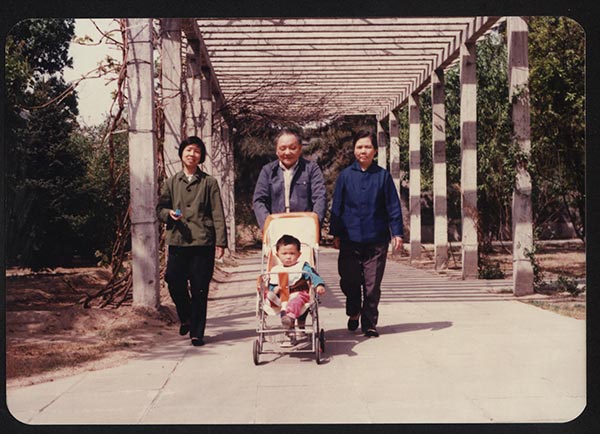
Nurse Guo Qinying (left) accompanies Deng Xiaoping on a walk with his grandson.[Photo provided to China Daily]
In the book, Wang recalls many stories and habits of the leader, such as Mao's preference for strong tea, his request of more coarse grains instead of rice and his favorite sport-swimming.
The simple lifestyle of Mao left a deep impression on Wang, according to the book.
Xu Fengsheng was a personal nurse to the country's first premier, Zhou Enlai, from 1964 until his death from cancer in 1976.
Xu recalls Zhou's health status was good before the "cultural revolution" (1966-76), but during that turbulent decade, Zhou became very busy, and his sleeping hours reduced drastically, which worsened his health.
Even when Zhou was diagnosed with cancer, he still kept working as much as he could, according to Xu's account in the book.
Later, Xu also served for Gu Mu, a vice-premier in the '80s. During one of Gu's foreign visits in 1985, Xu noticed something wrong with Gu's eyes and urged him to take an examination once they returned to China. Gu might have lost his vision had the problem not been detected then.
The other medical workers featured in the book include Bu Zhao-xiang, the head pharmacist of the healthcare section; Weng Yongqing, who was the personal physician to General Zhu De; and Guo Qinying, who served Deng Xiaoping.
The book's first edition was published in 2011 by People's Publishing House and reprinted for a second time earlier this year.
The interviews of the physicians were done by Ma Zhixin, the founding manager of Red Wall Bio-Engineering, a Beijing-based company that produces nutrition products, and has contact with such physicians.
"There were around 50 physicians who served the country's first-generation leaders, and only around 30 are still alive," Ma tells China Daily. "Their experiences are very precious and needed to be documented."
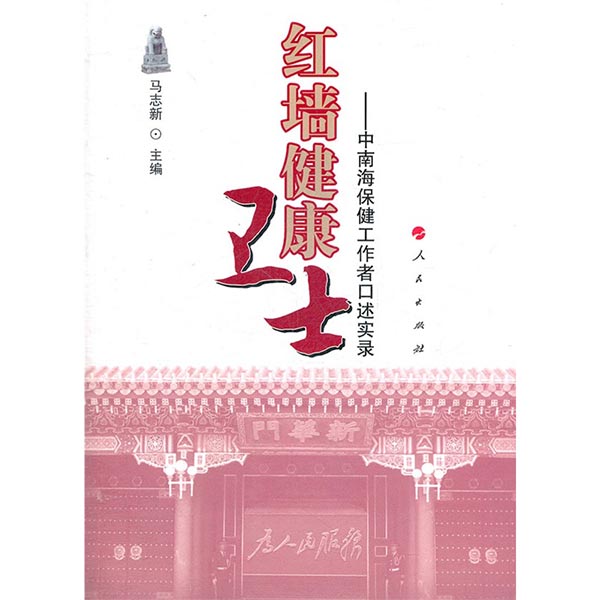
[Photo provided to China Daily]
 |
 Campus belle of Xiamen University gets popular online
Campus belle of Xiamen University gets popular online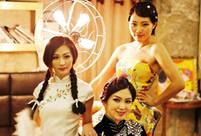 Who says moms cannot be trendy and hot?
Who says moms cannot be trendy and hot? Stunning photos of China's fighter planes
Stunning photos of China's fighter planes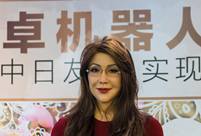 Humanoid robot Yang Yang appears in Shanghai
Humanoid robot Yang Yang appears in Shanghai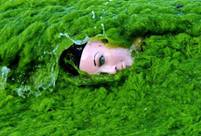 Enteromorpha hits Qingdao coast
Enteromorpha hits Qingdao coast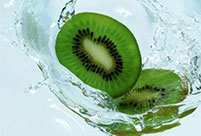 Eight fruits that defend men's health
Eight fruits that defend men's health  First batch of female combat pilots with duel degrees fly Flying Leopard
First batch of female combat pilots with duel degrees fly Flying Leopard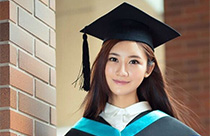 Campus belle in HK goes viral online
Campus belle in HK goes viral online Top 10 secrets of longevity
Top 10 secrets of longevity US sings old tune over radical lawyers
US sings old tune over radical lawyers Taking a paws: 10 cuddly pics of sleeping animals
Taking a paws: 10 cuddly pics of sleeping animals  Villagers cash in on reincarnation interest, govt turns a blind eye
Villagers cash in on reincarnation interest, govt turns a blind eye  Wasteland: How China became the world’s garbage dump
Wasteland: How China became the world’s garbage dumpDay|Week